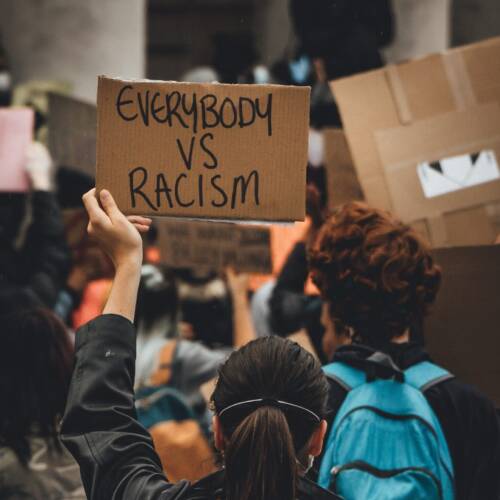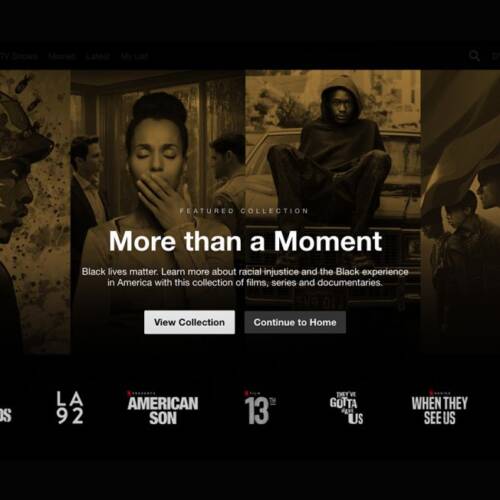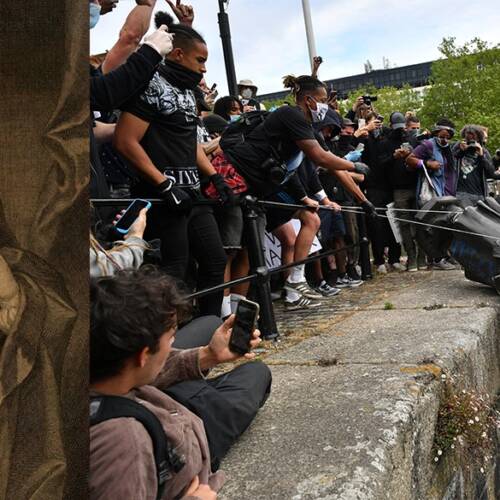
Gendered Islamophobia: Video of Man Screaming Islamophobic Abuse at Muslim Woman on Canadian subway
16 Mar 2020Captured by Twitter user ‘Aima Niqabae’, a man is shown to have been hurling a number of offensive comments and mocking the woman for wearing the niqab (full face veil)
A man verbally attacked Aima and her religious clothing, calling her “weird and bizarre.” She had previously interjected when the man was ‘staring down’ two kids who were speaking Spanish on the subway.
After some arguing, the man tells her to “go back,” to her country, to which she responds by affirming that she was in fact born in Canada.
The man then proceeded to insinuate that she is covering her face because men in her society sexually assault those who don’t – a common Islamophobic trope towards women who choose to cover their face. He then went on to list the countries that have banned the niqab, such as France, Belgium and Germany.
Aima posted a second video in which she records the man telling her it is unacceptable to cover her face unless it’s for Halloween and that she should learn about Canadian “cultural tradition.”
The videos have been circulating around social media and receiving mixed responses from the public. For example, some users have defended the man for having “mental health” issues – an excuse all too easily afforded to white men for being outright racists.
Aima fought back against the accusations from some people on Twitter saying she was the aggressor in this situation. She also called out users who excused the man for having underlying mental health issues as a “cop out.”
Research has shown that Islamophobia disproportionately affects Muslim women, with attacks usually being based on the headscarf or veil. Although Islamophobia has received some increased attention recently, its intersection with gender has not been covered enough.
For example, when it comes to Violence Against Women services (VAW), scholars have pointed out that Islamophobic attacks are typically excluded from the categories of violence against women that exist within people’s minds. This needs to be addressed further, along with greater reporting and openness surrounding Muslim women’s everyday encounters with Islamophobia.















